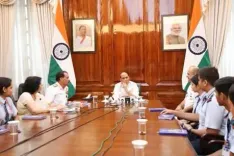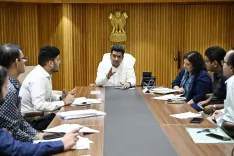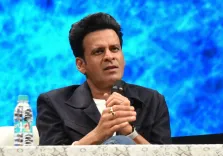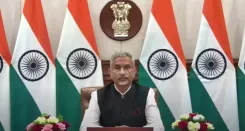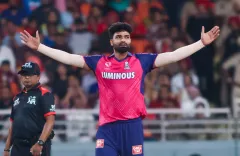Have Delhi Lawyers Ended Their Strike with Police Agreement?
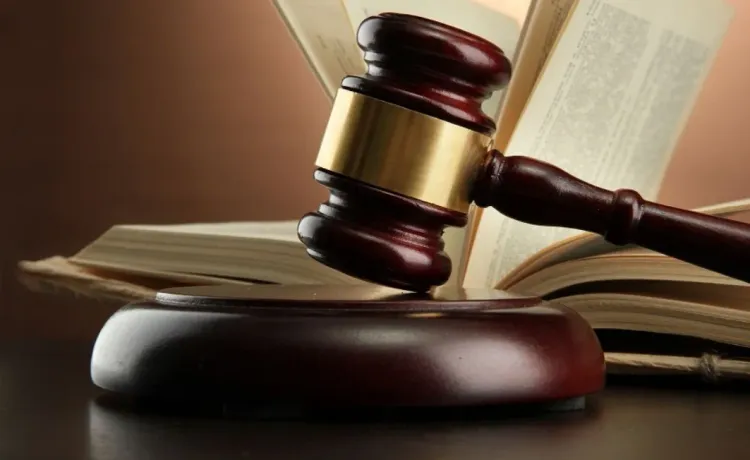
Synopsis
Key Takeaways
- Lawyers in Delhi have ended their strike.
- Police are now required to testify in person at criminal trials.
- This decision is a response to advocates' demands for fair trials.
- The resolution aims to restore normalcy in the court system.
- Collaboration between lawyers and police could improve judicial outcomes.
New Delhi, Sep 8 (NationPress) In a significant relief for litigants, attorneys in the lower courts of Delhi have officially ended their strike after the Delhi Police Commissioner, Satish Golcha, issued directives mandating that all police personnel must present their testimonies in person during criminal court proceedings – a pivotal demand from the protesting lawyers.
Commissioner Golcha's directive effectively modifies the previous plan permitting busy police officers to testify through video conferencing for all cases, including civil matters.
On Monday, V.K. Singh, the chairman of the Coordination Committee of All District Courts Bar Associations in Delhi, circulated a notice retracting the call for a work stoppage.
He stated, “With the issuance of a circular from the Commissioner of Police indicating that all police officials must attend criminal trials in person to provide testimony, we are withdrawing the call for abstinence from work.”
Anil Kumar Basoya, Secretary General of the Coordination Committee, explained the rationale behind concluding the protest, saying, “As our demand for police officials to appear physically in courts has been fulfilled, we are retracting the call for abstinence from work.”
The lawyers' protest stemmed from an August 13 notification by Lieutenant Governor V.K. Saxena that allowed police personnel to provide evidence via video conferencing.
The advocates opposed this plan, insisting on the necessity for police officers to be present in court to guarantee fair trials for litigants. Last month, they staged a six-day strike against the LG's notification.
The lawyers escalated their protest on September 4 when the Police Commissioner’s office sent a letter to principal district and sessions judges regarding the virtual appearances of police personnel.
Following this, the Police Commissioner amended the September 4 order, mandating that police officers now appear in court to testify in criminal cases.
This latest directive, sanctioned by the Police Commissioner, was disseminated by Special CP (Crime) Devesh Chandra Srivastava to all Deputy Commissioners of Police across districts and units, in addition to Special/Joint/Additional Commissioners of Police.
On Saturday, the Bar Council of India urged the Coordination Committee to reconsider their planned strike, referencing the Supreme Court's ruling that prohibits lawyers from striking or boycotting court proceedings.
The BCI also highlighted the difficulties faced by litigants, including those awaiting trial and crime victims, due to the strike and encouraged the withdrawal of the protest.


